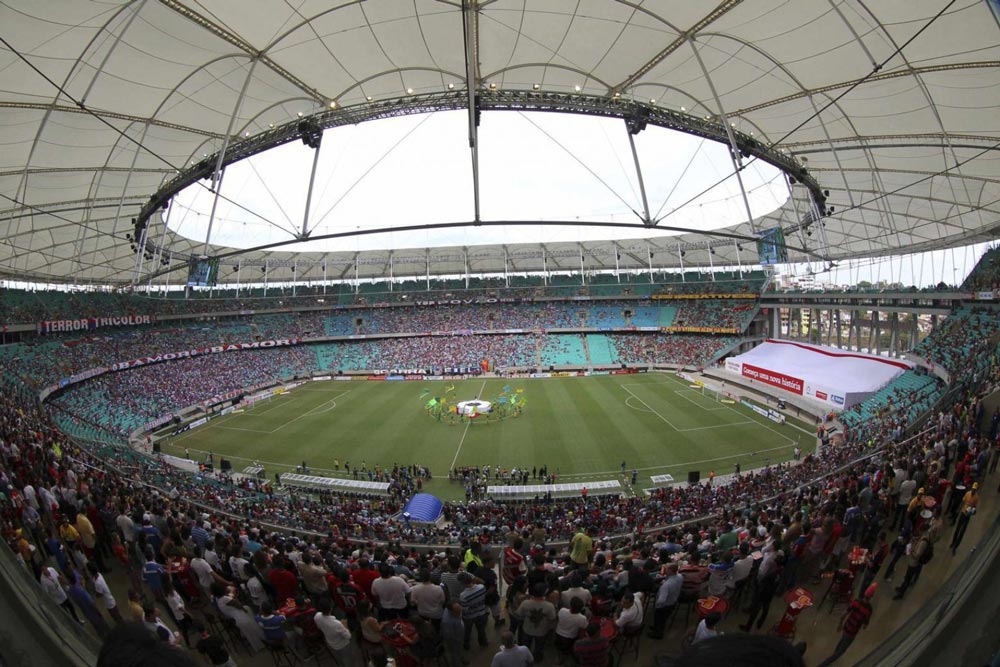ZURICH, Switzerland — In a landmark move set to reshape the future of football, the International Football Association Board (IFAB) has announced a comprehensive suite of rule changes to the Laws of the Game, aimed at improving match flow, ensuring greater fairness, and enhancing the spectator experience.
The reforms will be introduced globally from the start of the 2025/26 season.
The new regulations will receive their competitive debut at the 2025 FIFA Club World Cup, scheduled to take place in the United States later this year.
Among the most notable changes is the introduction of a strict eight-second limit on goalkeeper ball possession.
Should a goalkeeper exceed this time frame, the opposing team will now be awarded a corner kick, replacing the previous sanction of an indirect free kick.
IFAB says this shift is intended to deter time-wasting and encourage continuous play.
Clarification has also been issued on dropped ball scenarios.
When play is stopped with a team in clear possession outside the penalty area, that team will retain the ball upon resumption.
In cases of unclear possession, the ball will be given to the team that last touched it before the stoppage.
In a bid to reduce unnecessary penalisation, IFAB has revised how accidental contact outside the field is handled.
If a coach, substitute, or dismissed player unintentionally touches the ball while it is out of play, the opposing team will be awarded an indirect free kick without any accompanying disciplinary action.
Further enhancing the transparency of officiating, competitions will now have the option to allow referees to explain VAR decisions to fans via stadium microphones, similar to practices in American football.
However, this remains at the discretion of individual leagues and governing bodies.
Assistant referee positioning will also be adjusted. Going forward, officials will align themselves with the penalty spot—rather than the goal line—when evaluating tight offside calls and goal-line incidents.
IFAB says the change is designed to better support VAR assessments and improve decision-making accuracy.
In response to recent controversies, including a high-profile incident involving Julián Álvarez during Atlético Madrid’s clash with Real Madrid, IFAB has updated the penalty kick procedure.
If a player inadvertently contacts the ball with both feet during a penalty and scores, the attempt will be retaken rather than ruled out.
In a major innovation, referee body cameras will be introduced for the first time at the 2025 FIFA Club World Cup.
These cameras are expected to provide fans with a unique, real-time perspective from the referees’ point of view, offering an immersive insight into on-field decision-making processes.
Additionally, in an effort to foster greater respect for officials, new protocols will limit communication with referees to team captains in designated situations.
The 2025/26 reforms represent one of the most ambitious overhauls of football’s laws in recent memory and reflect growing efforts to modernise officiating standards and reinforce integrity within the sport.







